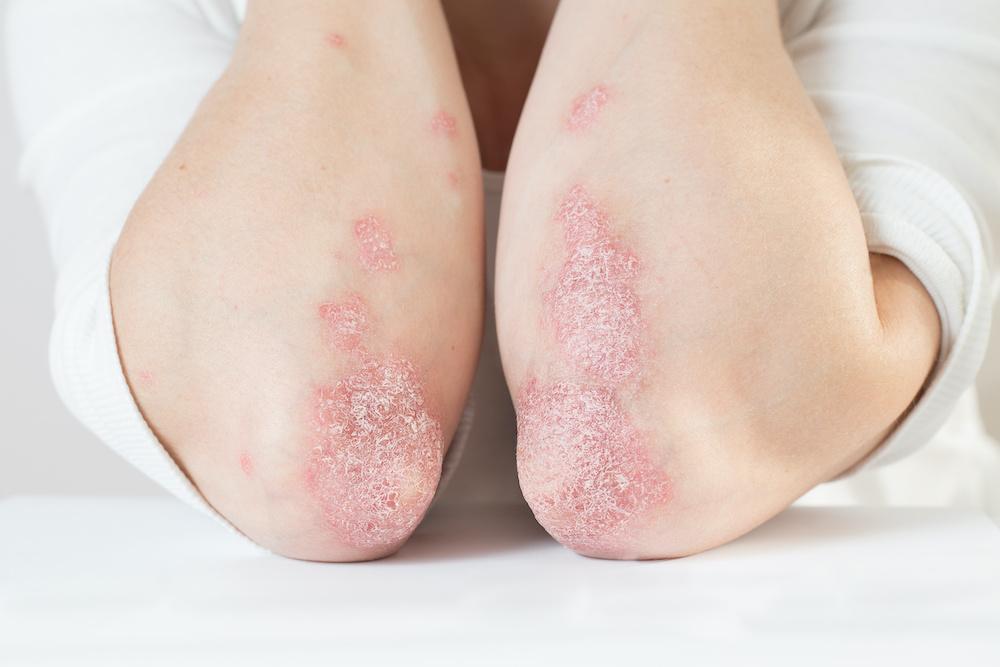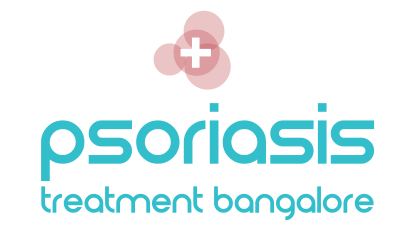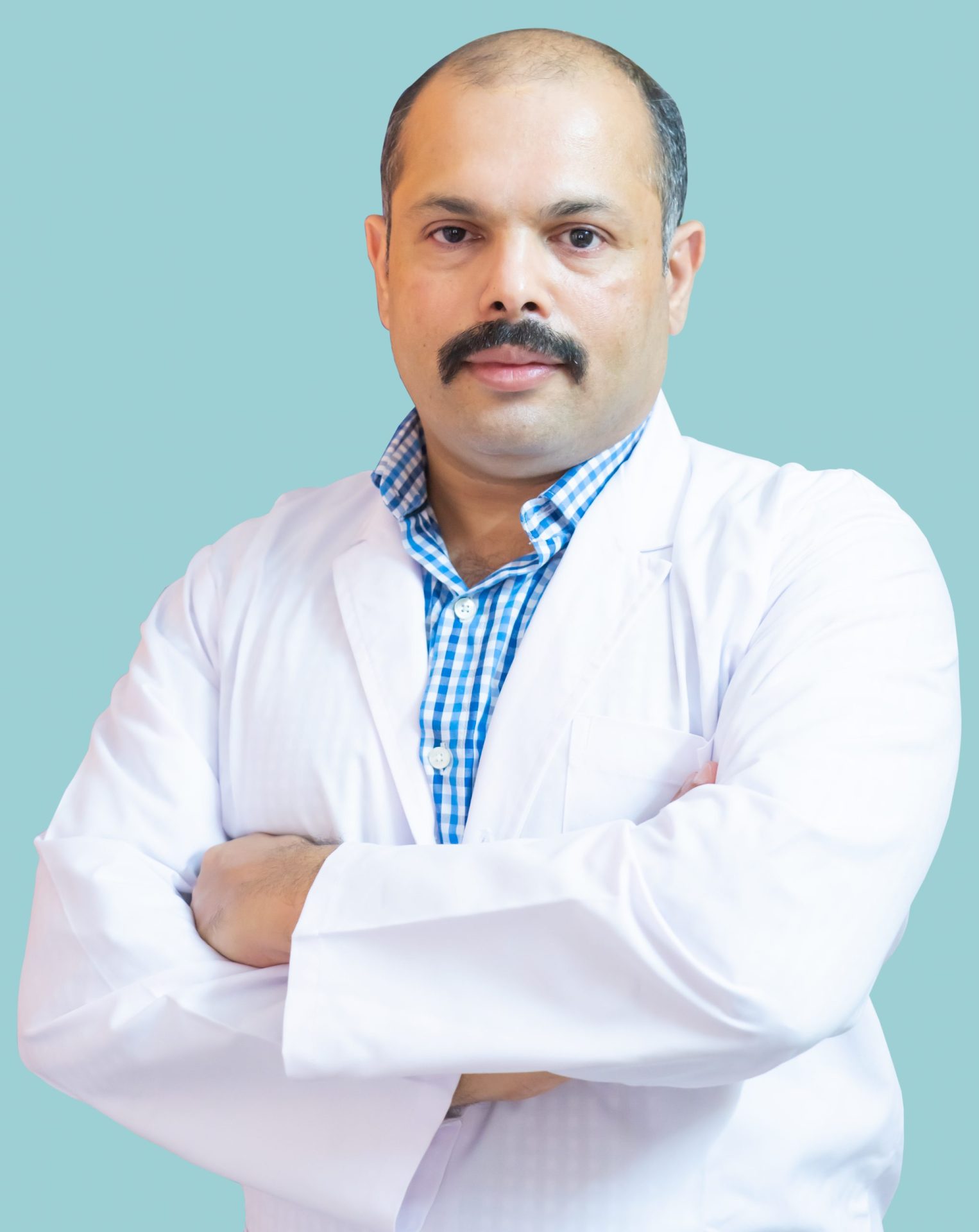Skin conditions can be distressing, especially when symptoms like itching, redness, and scaling appear similar across different disorders. Two conditions often confused due to their overlapping symptoms are psoriasis and scabies. While both can cause discomfort and affect the skin’s appearance, they are fundamentally different in their causes, symptoms, and treatments. At Psoriasis Treatment Bangalore, we specialize in diagnosing and treating psoriasis with advanced Ayurvedic therapies, but understanding how it differs from conditions like scabies is crucial for proper care. In this blog, we’ll explore psoriasis vs scabies, helping you identify the differences, seek the right diagnosis, and find effective treatment with Dr. Chaithanya KS, Bangalore’s leading psoriasis expert.
What is Psoriasis?
Psoriasis is a chronic autoimmune condition that causes the rapid buildup of skin cells, resulting in thick, red, scaly patches on the skin. It occurs when the immune system mistakenly attacks healthy skin cells, accelerating their turnover from weeks to days. This leads to inflammation and visible symptoms that can vary in severity and location.

Key Features of Psoriasis
- Symptoms: Red patches with silvery-white scales, itching, burning, or soreness. Severe cases may involve cracked, bleeding skin or joint pain (psoriatic arthritis).
- Common Areas: Elbows, knees, scalp, lower back, hands, feet, nails, and skin folds.
- Types: Includes plaque psoriasis, guttate psoriasis, inverse psoriasis, pustular psoriasis, erythrodermic psoriasis, scalp psoriasis, nail psoriasis, and psoriatic arthritis.
- Causes: Autoimmune response, genetic predisposition, and triggers like stress, infections, cold weather, or certain medications.
- Chronic Nature: Psoriasis is lifelong, with periods of flare-ups and remission.
- Non-Contagious: Psoriasis cannot be spread from person to person.
At Psoriasis Treatment Bangalore, Dr. Chaithanya KS uses advanced Ayurvedic treatments, such as Virechana (Panchakarma) and herbal remedies, to address the root causes of psoriasis, delivering lasting relief to over 12,000 patients.
What is Scabies?
Scabies is an infectious skin condition caused by the Sarcoptes scabiei mite, a tiny parasite that burrows into the skin, lays eggs, and triggers an allergic reaction. This leads to intense itching and a characteristic rash. Scabies spreads through direct skin-to-skin contact or, less commonly, through shared items like bedding or clothing.
Key Features of Scabies
- Symptoms: Intense itching (especially at night), small red bumps or blisters, burrow tracks (thin, wavy lines), and sores from scratching.
- Common Areas: Between fingers, wrists, elbows, armpits, waist, buttocks, and genital areas. In children, it may affect the scalp, face, or soles.
- Causes: Infestation by the scabies mite, transmitted through close physical contact.
- Acute Nature: Scabies is treatable and curable with proper medical intervention.
- Highly Contagious: Easily spreads to others, especially in crowded environments.
Unlike psoriasis, scabies requires prompt treatment to eliminate the mites and prevent transmission to others.
Psoriasis vs Scabies: Key Differences
While psoriasis and scabies may share some symptoms, such as itching and red patches, their differences are significant. Below is a detailed comparison to help you distinguish between the two:
| Feature | Psoriasis | Scabies |
|---|---|---|
| Cause | Autoimmune disorder; immune system attacks healthy skin cells. | Parasitic infestation by Sarcoptes scabiei mite. |
| Contagiousness | Non-contagious; cannot spread to others. | Highly contagious through skin-to-skin contact or shared items. |
| Symptoms | Red, scaly patches with silvery-white scales; may crack or bleed; joint pain in some cases. | Intense itching (worse at night), red bumps, burrow tracks, blisters. |
| Common Locations | Elbows, knees, scalp, lower back, hands, feet, nails, skin folds. | Between fingers, wrists, armpits, waist, buttocks, genital areas. |
| Onset | Gradual; often triggered by stress, infections, or weather changes. | Sudden; symptoms appear 2–6 weeks after initial infestation. |
| Duration | Chronic; lifelong with flare-ups and remission. | Acute; curable with treatment within weeks. |
| Diagnosis | Clinical evaluation, skin biopsy, or medical history by a dermatologist. | Skin scraping to identify mites, eggs, or fecal matter under a microscope. |
| Treatment | Ayurvedic therapies (e.g., Virechana, herbal remedies), lifestyle changes, and sometimes biologics. | Prescription creams (e.g., permethrin, ivermectin), antihistamines, and hygiene measures. |
Visual Differences
- Psoriasis: Thick, silvery scales on raised red patches, often with a well-defined border. Cracks may appear in areas like the soles (e.g., “camel foot appearance” in plantar psoriasis).
- Scabies: Small, red bumps or blisters with visible burrow tracks (grayish-white or skin-colored lines). Scales are rare, and sores often result from scratching.
Risk of Misdiagnosis
Due to overlapping symptoms like itching and redness, psoriasis and scabies can be confused, especially in early stages. For example, guttate psoriasis (small, drop-like lesions) may resemble the scattered bumps of scabies. Misdiagnosis can delay proper treatment, worsening symptoms or spreading scabies to others. Consulting an expert like Dr. Chaithanya KS at Psoriasis Treatment Bangalore ensures accurate diagnosis through clinical evaluation and, if needed, diagnostic tests like skin scrapings or biopsies.
Treatment Approaches: Psoriasis vs Scabies
Psoriasis Treatment at Psoriasis Treatment Bangalore
Psoriasis requires a long-term management strategy, as it is a chronic condition. At Psoriasis Treatment Bangalore, Dr. Chaithanya KS, with over 20 years of experience, offers a holistic Ayurvedic approach that addresses the root causes and delivers lasting results. Key treatments include:
- Virechana (Panchakarma): A detoxification process that removes toxins, balances doshas, and reduces inflammation, leading to clearer skin.
- Herbal Remedies: Potent herbs like neem, turmeric, and manjistha soothe inflammation, hydrate skin, and prevent scaling.
- Diet and Lifestyle Guidance: Personalized plans to avoid triggers (e.g., spicy foods, stress) and incorporate anti-inflammatory foods like aloe vera or bitter gourd.
- Stress Management: Yoga and meditation to reduce stress-related flare-ups.
- Free Consultation: Your first visit is free, allowing you to meet Dr. Chaithanya and explore a tailored treatment plan.
These therapies have helped over 12,000 patients achieve significant symptom relief, as seen in transformative before-and-after results.
Scabies Treatment
Scabies treatment focuses on eliminating the mites and relieving symptoms. Common approaches include:
- Prescription Medications: Topical creams like permethrin or oral ivermectin to kill mites.
- Antihistamines or Steroids: To reduce itching and inflammation.
- Hygiene Measures: Washing bedding, clothing, and towels in hot water to prevent reinfestation.
- Treating Contacts: Family members or close contacts may need treatment to prevent spread.
Unlike psoriasis, scabies can be fully cured with timely intervention, but follow-up is essential to ensure the mites are eradicated.
A Patient’s Experience with Psoriasis
“I thought my itching and red patches were scabies, but after visiting Dr. Chaithanya at Psoriasis Treatment Bangalore, I learned it was psoriasis. His Virechana treatment and herbal remedies cleared my skin in just three months. The team’s support and personalized care made all the difference. I’m now living confidently without constant itching!”
– Anonymous, 38/Female
This story highlights the importance of accurate diagnosis and expert care, available at Psoriasis Treatment Bangalore.
How to Know if You Have Psoriasis or Scabies
If you’re experiencing itching, redness, or skin changes, consider these steps:
- Observe Symptoms: Note the appearance (scales vs. burrows), location, and timing (e.g., worse at night for scabies).
- Check for Contagion: If others in your household are itching, scabies is more likely.
- Consult an Expert: Visit a specialist like Dr. Chaithanya KS for a thorough evaluation. For psoriasis, Psoriasis Treatment Bangalore offers free consultations to start your journey.
- Diagnostic Tests: A skin scraping can confirm scabies, while a biopsy or clinical exam may diagnose psoriasis.
Preventing Confusion and Ensuring Proper Care
To avoid misdiagnosis and ensure effective treatment:
- Seek Expert Diagnosis: Consult a specialist like Dr. Chaithanya KS, who can distinguish psoriasis from scabies through expertise and diagnostic tools.
- Avoid Self-Treatment: Over-the-counter creams may worsen psoriasis or mask scabies symptoms, delaying proper care.
- Act Quickly: For scabies, prompt treatment prevents spread; for psoriasis, early intervention reduces flare-ups.
- Follow Up: Regular check-ins with your doctor ensure long-term management (psoriasis) or complete resolution (scabies).
Take the First Step Toward Relief
If you’re unsure whether you have psoriasis or scabies, don’t let confusion delay your healing. At Psoriasis Treatment Bangalore, Dr. Chaithanya KS and his team offer expert diagnosis and advanced Ayurvedic treatments for psoriasis, helping you achieve clearer skin and a better quality of life. With over 20 years of experience and 12,000+ satisfied patients, our clinic is your trusted destination for psoriasis care in Bangalore.
📞 Book your free consultation today by visiting https://www.psoriasistreatmentbangalore.com/ or contacting our clinic, open seven days a week. Subscribe to our blog for expert insights, patient stories, and tips on managing skin conditions effectively.
Discover the difference expert care can make with Psoriasis Treatment Bangalore!

